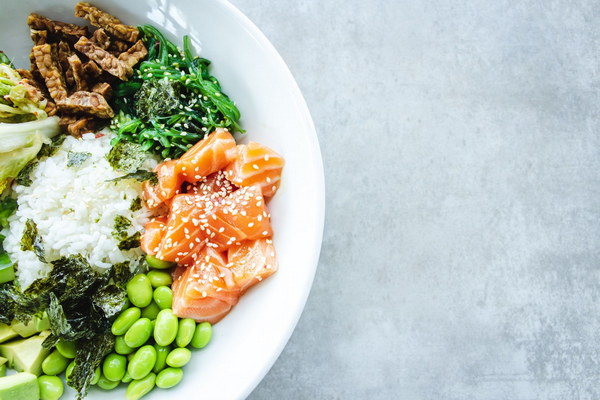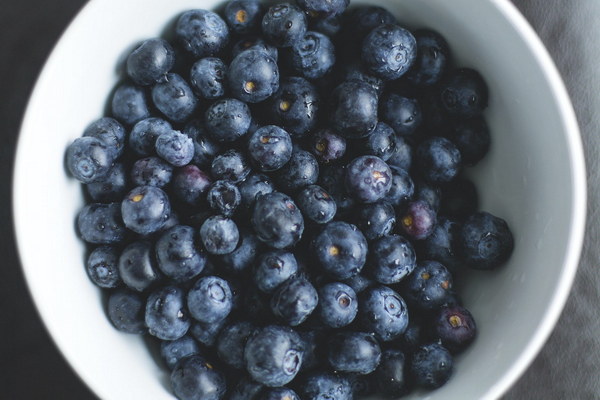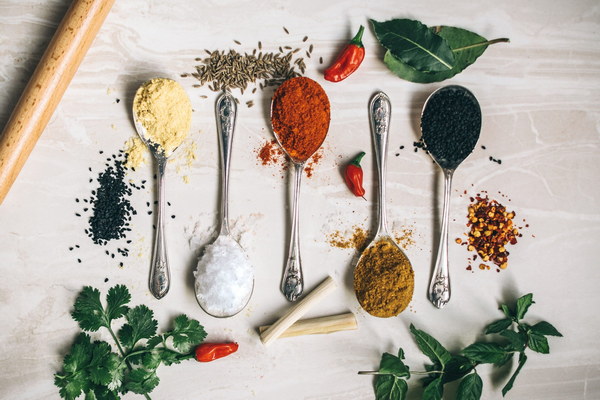Revitalize Your Recovery A Nutritional Guide to Healing a Fracture
Introduction:
A fracture can be a challenging and lengthy process, requiring patience, care, and, most importantly, a robust recovery plan. While medical intervention is crucial, incorporating the right nutritional elements into your diet can significantly enhance your healing process. This article explores the best foods and nutrients to consume after a fracture, ensuring a swift and complete recovery.
1. Protein: The Building Blocks of Healing
Protein is essential for the repair and regeneration of tissues, including bone. Consuming adequate amounts of protein will accelerate the healing process. Good sources of protein include lean meats, poultry, fish, eggs, dairy products, legumes, and nuts. Aim for a daily intake of 0.8 grams of protein per kilogram of body weight.
2. Calcium and Vitamin D: Fortifying Your Bones

Calcium and vitamin D work together to maintain bone health and aid in the healing process. Calcium is necessary for bone formation, while vitamin D helps your body absorb calcium effectively. Incorporate these nutrients into your diet by consuming dairy products, leafy greens, fortified cereals, fatty fish, and sunlight exposure.
3. Vitamin C: Boosting Immune Function and Collagen Production
Vitamin C is a powerful antioxidant that supports the immune system and promotes the production of collagen, a protein vital for tissue repair. Rich sources of vitamin C include citrus fruits, berries, kiwi, bell peppers, and leafy greens. Aim for a daily intake of 75-90 milligrams for women and 90-125 milligrams for men.
4. Omega-3 Fatty Acids: Reducing Inflammation and Enhancing Bone Health
Omega-3 fatty acids have anti-inflammatory properties and can help reduce inflammation associated with fractures. Fish, such as salmon, mackerel, and sardines, are excellent sources of omega-3 fatty acids. Alternatively, you can consume flaxseeds, chia seeds, and walnuts for plant-based omega-3s.
5. Magnesium: Relaxing Muscles and Enhancing Calcium Absorption
Magnesium plays a crucial role in muscle relaxation and helps your body absorb calcium effectively. Good sources of magnesium include almonds, cashews, black beans, quinoa, and dark chocolate. Aim for a daily intake of 400-420 milligrams for men and 310-320 milligrams for women.
6. Zinc: A Key Factor in Wound Healing
Zinc is an essential mineral that aids in wound healing and cell division. Incorporate zinc-rich foods such as oysters, beef, pork, legumes, nuts, and seeds into your diet. The recommended daily intake of zinc is 11 milligrams for men and 8 milligrams for women.
7. Hydration: The Foundation of Recovery
Staying hydrated is essential for overall health and healing. Water helps transport nutrients to the cells, aids in waste removal, and maintains joint flexibility. Aim for at least eight 8-ounce glasses of water daily, and adjust your intake based on your activity level and climate.
Conclusion:
A well-balanced diet rich in essential nutrients can significantly enhance your recovery process after a fracture. By incorporating the right foods and nutrients into your daily routine, you can support bone repair, reduce inflammation, and promote overall health. Remember to consult with a healthcare professional or a registered dietitian for personalized dietary recommendations tailored to your specific needs. With the right nutrition, you'll be on your way to a swift and complete recovery.








